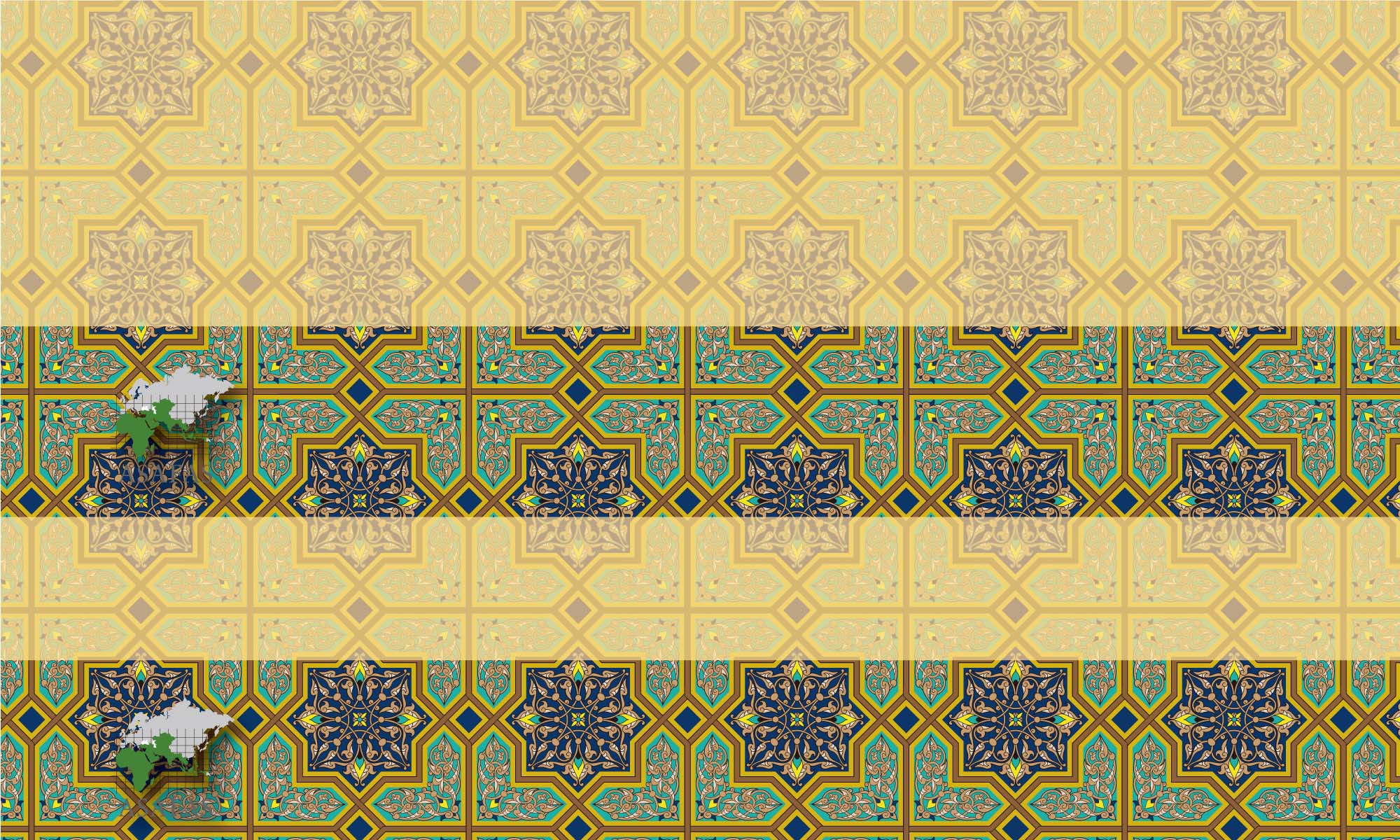The 3rd Research Meeting (2023) of “Research on Moderate Islam in the Non-Arab World: From the Cases of Indonesia, Pakistan and Turkey (22H00034, JSPS)” (“Moderate Islam”)
Date: February 4th Sunday, 2024
Venue: Lecture Room [AA415], 4th floor, Research Bldg. No. 2, Yoshida Campus, Kyoto University
Report 1: ARAI Kazuhiro (Keio University) “Habib Umar and Moderate Islam in Indonesia”
In the seminar, I discussed the activities of Arabs in moderate Islam in Indonesia, focusing on Umar bin Hafiz (Habib Umar), a religious figure who runs a school Dar al-Mustafa (House of the Prophet) in Tarim, Hadramaut (South Arabia). Habib Umar became best known religious figure from Hadramawt in Indonesia after the resurgence of human exchange between the two regions since the 1990s. Many young people from Southeast Asia (Indonesia, Malaysia, Singapore, etc.) have studied at the Dar al-Mustafa, and the graduates of the school are now performing da‘wa (call to Islam) upon their return. Umar himself visits Indonesia every year and holds large gatherings in Java and other parts of the country.
Habib Umar’s philosophy is characterized by the inheritance of traditional Hadrami religious activities, emphasis on revelation and Sunna, and da‘wa. His message of moderation and peace is most closely related to this project. Specifically, he emphasizes dialogue between groups, respect for those with whom one interacts, and the inner life of the believer. His book, “Moderation in Islam (al-Wasatiyya fi al-Islam),” is a transcript of a lecture he gave on June 1, 2003, at the Faculty of Education, Hadramawt University, but it is also available in Indonesian as “Moderate Religion: the Revival of Islamic Doctrinal Truth (Agama Moderat: Menghidupkan Kembali Hakikat Ajaran Islam).” In it, “moderation” is positioned as understanding the essence of shari‘a and the essence of revelation, and the author discusses what moderation is according to various themes. As a whole, the book positions Islam as a moderate religion, but it is difficult to find Umar’s original theory in it.
Umar himself avoids direct involvement in politics and government policy, and he forbids his disciples to get involved in politics. However, Umar’s own words are always interpreted by those around him and sometimes used in election campaigns in Indonesia. This is due to the fact that Umar speaks in ambiguous and common-sense language. In any case, Umar, who is close to Nahdlatul Ulama (NU), will continue to exert a certain influence on (moderate) Islam in Indonesia.
Report 2 : MISAWA Nobuo (Toyo University) “Examinations of ‘Moderate Islam / ılımlı İslam’ in Turkey”
My presentation was an examination of how “Moderate Islam (ilmili Islam)” is perceived and shared discursively in Turkey, based on the number of cases of its use in the newspaper media over time. For this purpose, we looked at the frequency of use of the terms “Islamic Fundamentalism,” and “Moderate Islam” in the U.S. and U.K. newspaper media, as well as in Japan’s Yomiuri Shimbun, over the years. In the U.S., the use of “Moderate Islam” began to increase rapidly after 2002. It is possible to conclude that the current discourse of “Moderate Islam” was formed in the U.S. and spread throughout the world, and the concept of “Ilimli Islam” was eventually used in Turkey as a translation. However, it has a weak social foundation, and it is understood that it is currently used with a political agenda. Based on this survey, I would like to conduct a qualitative survey in the future, rather than a quantitative survey.
































